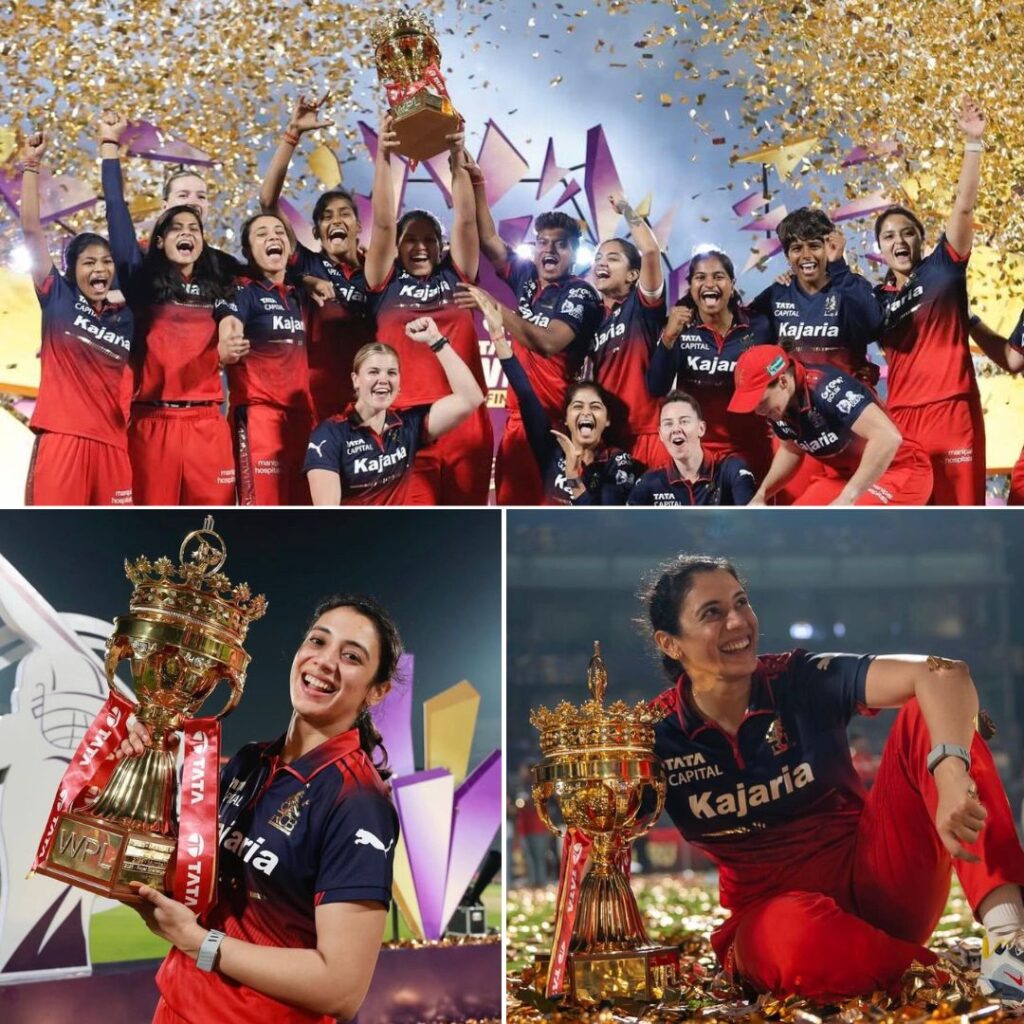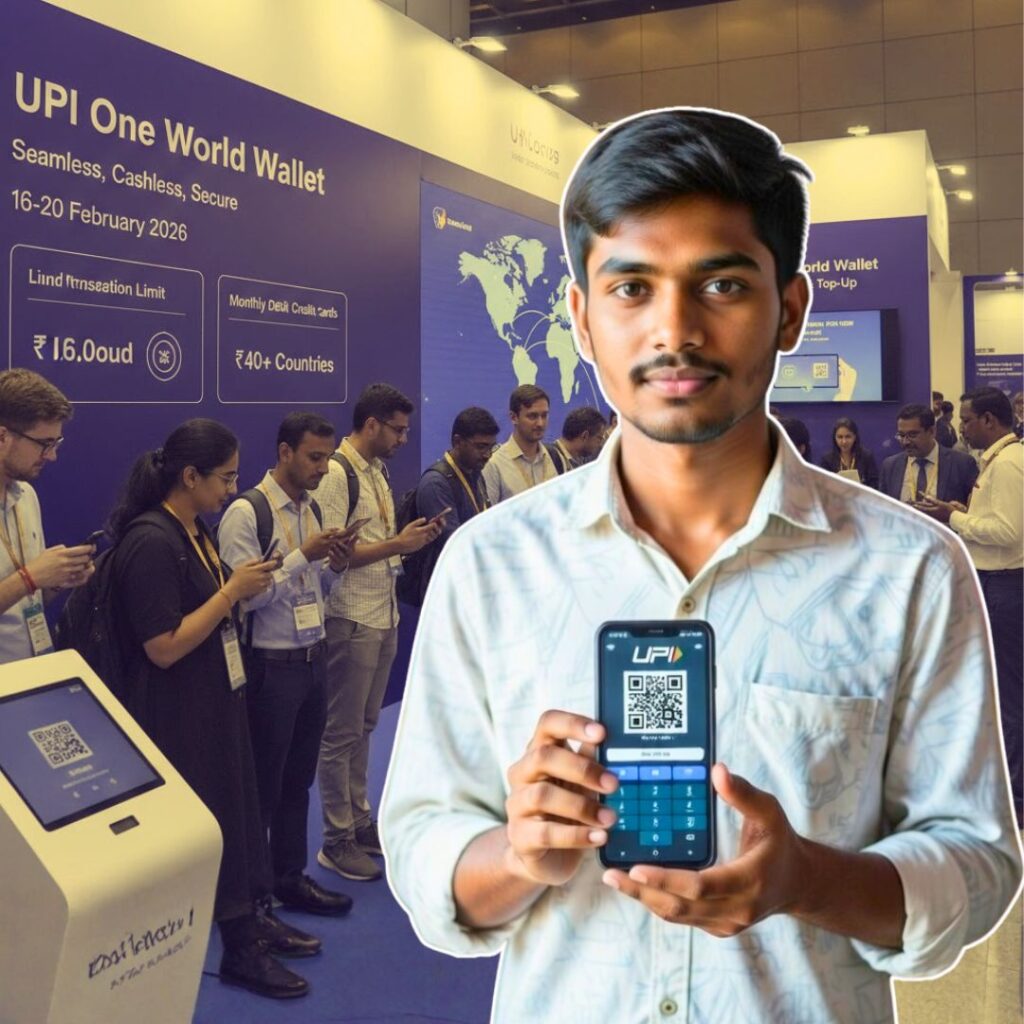A Ghana football player Randy Juan Muller, 24, prepared to leave Thrissur for Mumbai by train to take the flight home in mid-March. Muller plays Kerala’s popular seven-a-side circuit.
Muller reached Mumbai airport only to learn about the ban on international flights. With a little more than Rs 1,000, he found himself stranded. The money was his only saving from six months of a COVID-curtailed season.
Muller made a park outside the terminal his home for 73 days, with the help of Mumbai Police, CISF and the airport authority, The Indian Express reported.
Recalling his first day, with nowhere to go and hardly any cash, Muller says: ‘I was woken up by a policeman. He asked me to leave the airport. But I couldn’t return to Kerala because the trains were cancelled, I couldn’t go to a hotel because I didn’t have money. I was like ‘well, I’m gonna die here’.
Muller found a ‘neat and breezy corner’ around the airport, and settled down there. He had no idea back then that this place would become his home for over two-and-a-half months.
When Cyclone Nisarga struck, he was taken by the CISF into one of their cabins.
He began initiating conversations with policemen and CISF personnel. ‘We used to watch Hindi movies on the phone. I used to tell them stories of Ghana and my hometown, which is a few hours from Accra. We ended up spending hours talking politics, sport and religion. They even got me a cellphone when mine got damaged,’ Muller says.
For Muller, not being connected with his family for about 20 days without a phone was ‘traumatic’. ‘When I finally called them, they were like, ‘we thought you were dead’. The joy I felt in their voices re-energised me. I told myself I would live to see them again, even if I have to starve,’ he says.
‘But there was always someone to give me food — roti, biscuits, a soft drink,’ he says. A more difficult part was to wash his clothes. ‘I had to wear the same clothes for weeks. Then I would put them out in the sun and spray some perfume so that they don’t stink,’ he adds.
Loneliness soon began overwhelming him. ‘Same routine, faces, surroundings… It nearly drove me mad,’ he says.
Muller’s teammates in Thrissur believe it was his ‘friendly nature’ that got him through. ‘He would keep talking about his country, football, dreams, love. He was like a younger brother to all of us,’ says Faizal, the goalkeeper of Muller’s club ORPC Kechery.
Just a few days ago, to Muller’s delight, Maharashtra Minister Aaditya Thackeray, and later the Ghana Embassy, intervened. He was moved to a suburban hotel.
‘They have promised to put me on the first flight home. Home is closer now,’ Muller says. ‘I don’t have the money to buy a souvenir or gift, but I think this experience itself is the biggest souvenir. God willing, I will return to Kerala,’ he adds.
Also Read: 1,300 Garment Factory Workers Lose Their Jobs Overnight In Karnataka Amid COVID-19 Pandemic












